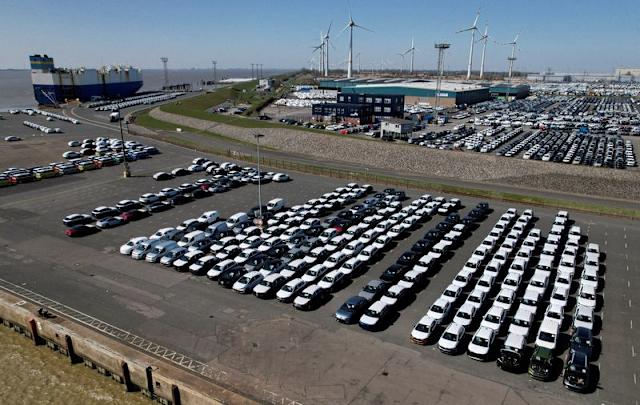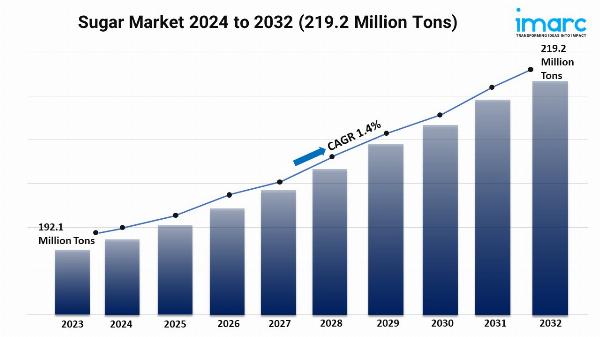
(Reuters) -German car exports to the United States fell sharply in April and May as import tariffs imposed by President Donald Trump hit German automakers' sales in their most important foreign market, the VDA industry association said on Thursday.
Auto exports to the U.S. fell by 13% in April and 25% in May from the same months the previous year, VDA said. Some 64,300 vehicles were shipped to the U.S. over both months, it added.
In a bid to strengthen U.S. industry, Trump imposed 25% tariffs on car imports from the EU in April. Since May, it has also applied to car parts.
"Every effort must be made to find a political agreement between the EU and the U.S. as quickly as possible - a free trade agreement should continue to be a long-term goal. However, speed plays a decisive role," VDA's head Hildegard Mueller said.
Trump has set a deadline of July 9 for a deal with the EU.
German Chancellor Friedrich Merz has urged the EU to settle a tariff dispute with the United States quickly to protect core industries, such as cars, steel and pharmaceuticals.
German car manufacturers are likely to have incurred costs of around half a billion euros in April due to the tariffs, Mueller estimated in June.
(Reporting by Ilona Wissenbach in Frankfurt, Writing by Tristan Veyet in Gdansk, Editing by Madeline Chambers)
The receding trend of German car exports to the U.S., observed in April and May, underscores how trade tariffs have continued their negative impact on cross-border transactions.
As the impact of US-German tariffs worsens, exports from Germany to America drop dramatically in April and May.
The continuous decline of German car exports to the U.S., highlighting in April and May as trade tariffs take their toll, underscores how sensitive global automotive markets are vulnerable even within long-standing trading relationships."
The decline in German car exports to the U.S., seen during April and May, highlights how international trade barriers like tariffs can seriously impact export-oriented businesses that rely heavily on global markets for their success."
Tariffs implemented by the U.S have negatively impacted Germany's automobile export sector, evident in a slide of exports to America during April and May as manufacturers face increased costs amidst escalated trade tensions between both nations."
The steady decline in German car exports to the US observed throughout April and May highlights how trade tariffs can act as a significant damping factor on international commerce.














